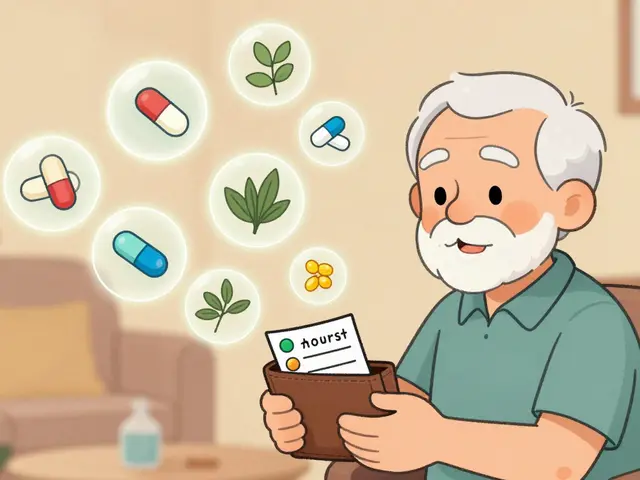Understanding HIV/AIDS: What You Need to Know
If you want straightforward information on HIV/AIDS, you’re in the right place. HIV stands for human immunodeficiency virus, which attacks your immune system — making it harder for your body to fight infections. AIDS is what happens if HIV isn’t treated and your immune system gets seriously damaged. But the good news? Modern treatments can keep HIV under control, helping people live long, healthy lives.
Many people don’t realize that with proper medication, called antiretroviral therapy (ART), HIV can become almost invisible in your body. This means you’re less likely to get sick and much less likely to pass HIV to others. Starting treatment early is a game-changer, so if you think you might be at risk or have symptoms, don’t wait to get tested. Early diagnosis and care make all the difference.
Practical Tips for Managing HIV
Sticking to your medication schedule is crucial. Skipping doses can give the virus a chance to rebound and become resistant to drugs. Some side effects might pop up when you start treatment, like nausea or tiredness, but these usually lessen over time. Don’t hesitate to talk to your healthcare provider about any concerns — they can adjust treatments or help with managing symptoms.
Living with HIV means paying attention to your overall health too. Eating well, staying active, avoiding smoking, and getting regular check-ups help keep your immune system strong. Also, mental health matters; joining support groups or speaking with a counselor can provide emotional strength and connection.
How to Prevent HIV Infection
Prevention includes using condoms correctly every time you have sex, getting tested regularly, and talking openly with partners about your status. Some people take pre-exposure prophylaxis (PrEP), a daily pill that sharply lowers the chance of getting HIV. If you think you’ve been exposed, there’s also post-exposure prophylaxis (PEP) — a short course of medication that can stop infection if started quickly.
HIV/AIDS can feel scary at first, but knowing how to manage your health and protect yourself changes everything. Keep informed, reach out for help when you need it, and live your life fully.
Trimethoprim-Sulfamethoxazole in AIDS: Analyzing Pharmacokinetics Amid Disease Severity
A critical study reveals the impact of disease severity and ritonavir on the pharmacokinetics of trimethoprim-sulfamethoxazole among HIV/AIDS patients. It suggests tailored dosages are essential for preventing therapeutic failure, highlighting the interaction between disease status and medication.






